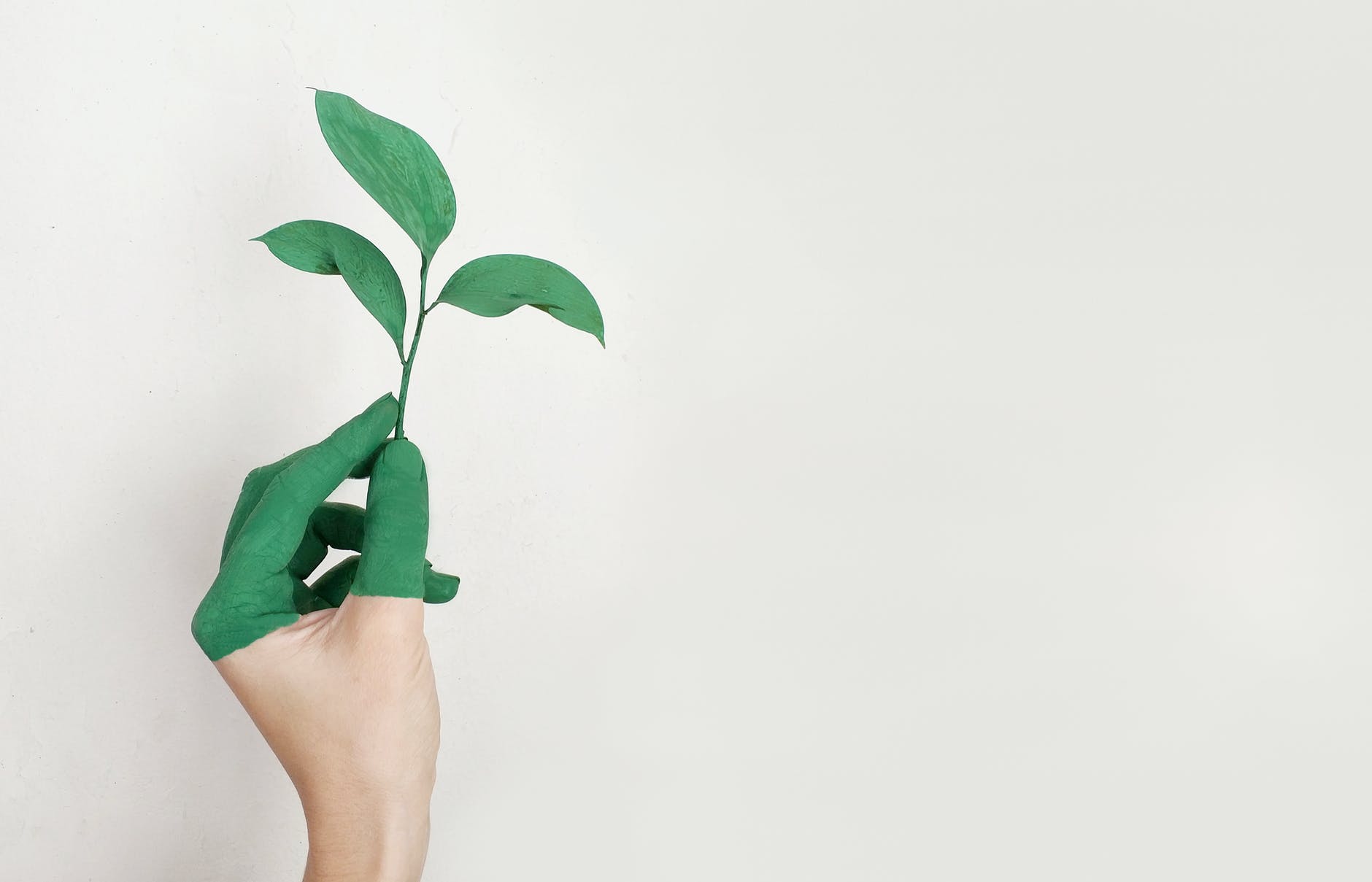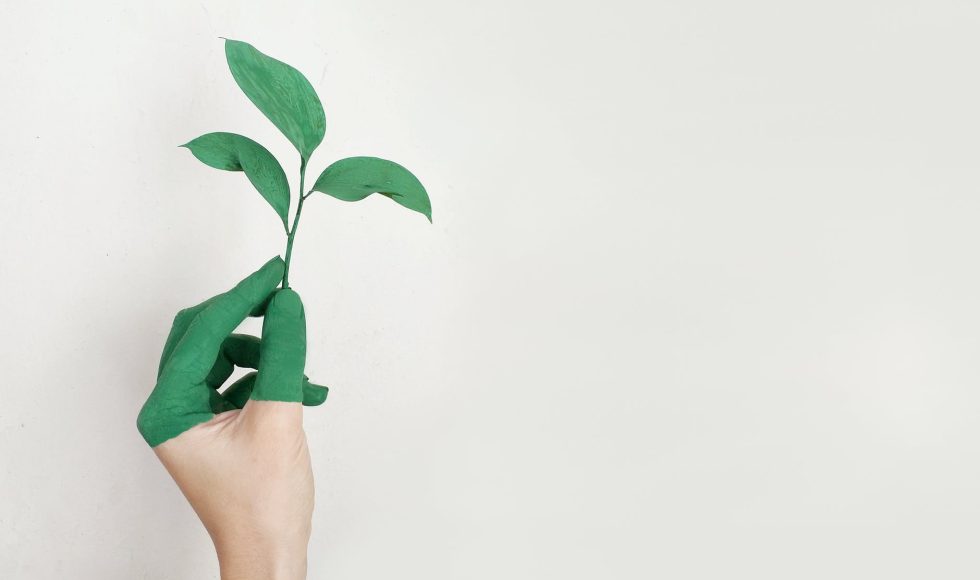Dr. Mays Imad presented on May 13, 2021, as part of the SABER Striving Towards Inclusion series. As always, Imad exudes a calming force and invites everyone to engage in honest conversations and try to give up the “methodological doubt” that is such a part of academics and scientists. Imad mentioned that we have “more than a number problem… we have a relationship problem” and quoted Ruha Benjamin:
Racism, I often say, is a form of theft. Yes, it has justified the theft of land, labor, and life throughout the centuries. But racism also robs us of our relationships, stealing our capacity to trust one another, ripping away the social fabric, every anonymous post pilfering our ability to build community.
Ruha Benjamin. Cited by Mays Imad, 5/13/2021
Imad said, “I want to argue that we have a problem of the heart… a spiritual one,” and asked: “what factors are necessary for each STEM student to engage, learn, apply, succeed, and thrive at our institutions and beyond!.” Imad explained that they use critical autoethnography to use “the self as a site of inquiry” and the pedagogy of remembrance to ask, “how do we remember & learn from the past.” Imad then shared some touching stories of a return to Iraq. Salient questions Imad displayed were:
- Science was used to justify and inculcate the construct of race as caste.
- Science education has remained silent.
Mays talked about our role as educators and what it means to be “human.” Playing a part of Bayo Akomolafe’s video on trauma, Mays asked if we are living in trauma! Mays showed preliminary data after polling people on why there is a gender and racial gap despite funding and initiatives. The results shared were shocking, with several respondents mentioning that there is no gap and some are not “capable” of being scientists. I love how Imad said, “I can’t bypass the spirituality of this work,” and asked us to reflect on “why is this work of diversity, equity, and inclusion important to you personally?”. Imad explained that there is discomfort, and we must use it, emphasizing that the times are urgent. One difficult question asked was, “how does your truth impact or challenge the truth of others?” and invited us to sit with these questions, realize it is challenging work, and apply the same meticulousness of our scholarly work and experiments to equity and co-liberation. Imad showed a “system” with five points for us to move forward. Re-examine the curricula, make a list of the direct or indirect harms and study them, move forward from truth to accountability, and take leadership positions. Imad ended by saying that our work matters and encourage us to be honest and human. One attendee asked, “I wonder how we can hold one another accountable for humanizing our pedagogy.” Imad explained that in addition to discussing tough issues, we must propose responses and potential solutions. We should question our perspective and “rigor,” and epistemology. Imad said we have to trust students and let them know we are on their side. Don’t start with an ‘agenda’; bring connections that are important and relevant to our learners’ communities and lived experience. Imad has a way of communicating complex topics in a way that is accessible and human. I love what Imad does and look forward to more.



